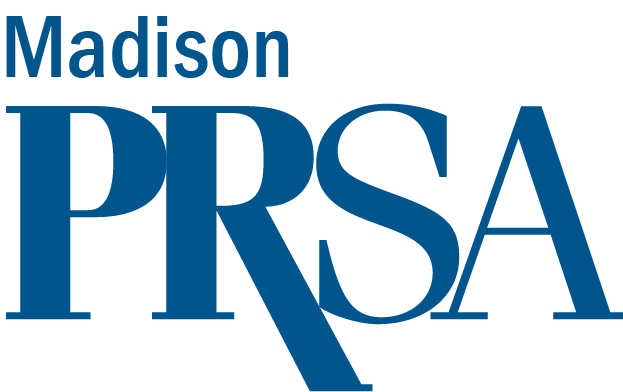When silence speaks louder than pitches: the ethics of tattling on a journalist
By Sandra Mason, APR
Last week a journalist I’m connected with on LinkedIn commented about a current trend by PR professionals when an email is not responded to almost immediately – they go to the journalist’s boss to complain.
In the fast-paced world of public relations, securing media coverage can feel like a high-stakes game. Every email pitch sent to a journalist can represent hours of strategic planning, writing and careful tailoring to fit their beat. When that pitch goes unanswered, it’s easy to feel frustrated—or even tempted to escalate the situation by reaching out to their editor or boss.
But before you take such a step, it’s worth considering the ethical implications of “tattling” on a journalist.
Respecting boundaries and time
Journalists are often overwhelmed with pitches, tight deadlines and the sheer volume of work their role entails. Rather than assuming a lack of professionalism on the part of the journalist, PR professionals should approach the situation with empathy. Is it ethical to report a journalist to their higher-ups simply because they didn’t prioritize your pitch? Likely not. Doing so disregards their autonomy and undermines the relationship you’re trying to build.
The Golden Rule of PR and journalism
The PR-journalist relationship thrives on mutual respect. Consider how you would feel if a journalist criticized your response time to your boss. Ethics in PR often boil down to this: treat others as you wish to be treated. By respecting a journalist's process, you lay the foundation for a more collaborative relationship in the future.
A more productive approach
Rather than escalating the issue, focus on improving your outreach:
Follow up thoughtfully: A polite follow-up email a few days after your initial pitch can often resolve the issue.
Refine your targeting: Ensure your pitch aligns with the journalist's beat and interests.
Build relationships: Invest time in getting to know the journalists you’re pitching to. A genuine relationship is far more likely to lead to coverage than a single email.
Is escalation ever justified?
There may be rare instances when escalation is appropriate—for example, if a journalist has made an explicit commitment to cover a story and fails to follow through without explanation. Even then, tread carefully, ensuring your actions are grounded in facts and conducted respectfully. I have found a quick email or text will do the trick to jog their memory about the story we discussed.
The ethical bottom line
Tattling on a journalist over an unreturned email often does more harm than good. It risks damaging your credibility, your relationship with the journalist and even the reputation of your client or organization. Instead, focus on building trust and fostering collaboration. Good media relations are a marathon, not a sprint, and ethical behavior is always the most sustainable path forward.
By respecting journalists' autonomy and prioritizing ethical decision-making, PR professionals can elevate their industry and build stronger, more meaningful partnerships.

